
CPN’s Biplab Sets Condition: Unity Possible Only if Dahal Abandons Parliamentary Role
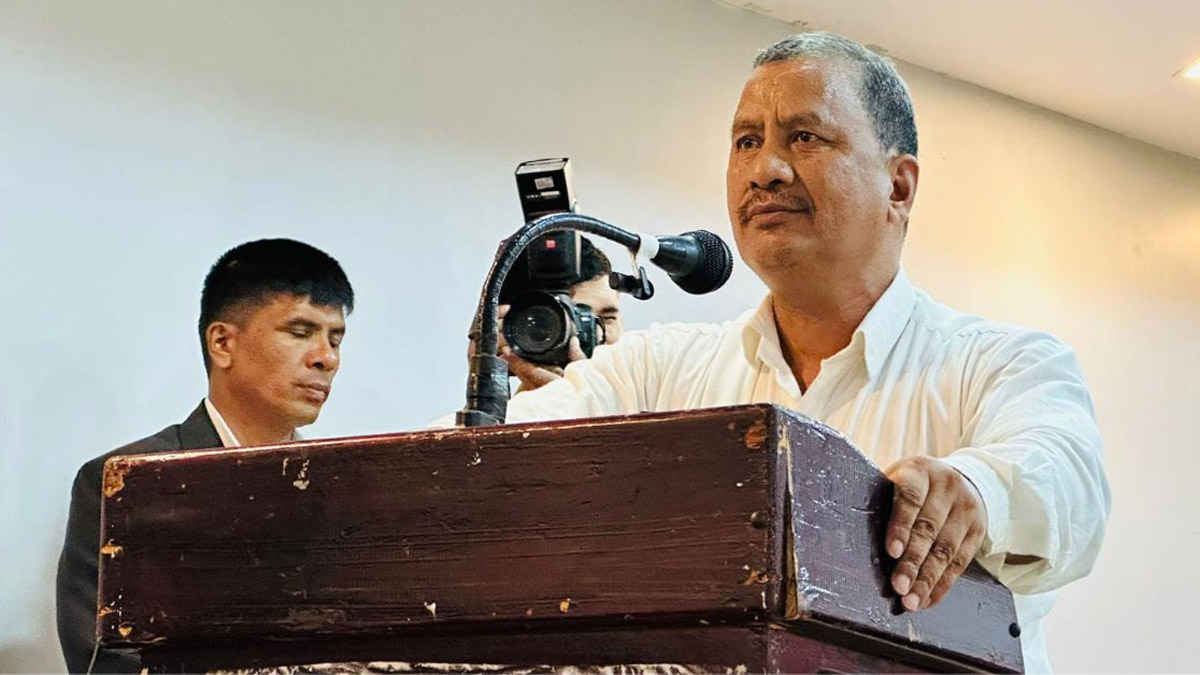
The central committee meeting of the Communist Party of Nepal (CPN) held in Kapilvastu ended in a stalemate as General Secretary Netra Bikram Chand ‘Biplab’ asserted that any unification with the CPN (Maoist Center) would only be possible if its Chairman, Pushpa Kamal Dahal, renounces parliamentary politics.
Biplab, addressing party members, emphasized the need for the Maoist Center to abandon its parliamentary involvement for any potential merger. However, his close associate, Khadga Bahadur Bishwakarma, expressed a different stance, advocating for unity and suggesting that Dahal’s willingness to even consider changing the party’s name should be a positive indicator.
The central meeting, marked by conflicting opinions on the party’s future trajectory, concluded without reaching a decision, leaving the party in a state of uncertainty.
During the meeting, General Secretary Biplab presented a political and organizational paper titled ‘Special Tasks in the Special Situation.’ In response, many central committee members criticized Chairman Dahal for allegedly hindering the implementation of the three-point agreement with the government. Some members claimed that Dahal, despite forming the Socialist Front, appeared hesitant to fully embrace socialism.
“If Dahal is prepared to renounce parliamentary politics, he should communicate that to us. We should pursue separate paths if he chooses to remain in the parliamentary system,” voiced another CPN leader, reflecting the deep-seated divisions within the party.
Central committee member Sharad C raised concerns about arrest warrants issued for CPN leaders, labeling them as part of a strategy to force the CPN into surrender. He called for a robust protest program against arrest warrants, the Millennium Challenge Corporation (MCC), and the Ncell deal.
In response to the internal discord, the CPN has decided to exert pressure on the government to implement the three-point agreement. Failing that, the party has resolved to organize strong protest programs to voice its grievances and concerns. The future course of the CPN remains uncertain as leaders grapple with differing visions for the party’s role in Nepal’s political landscape.


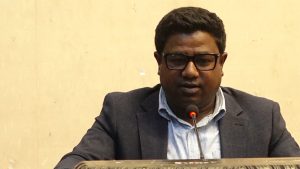
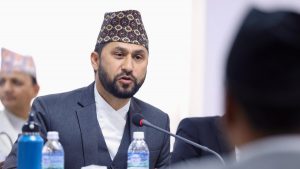
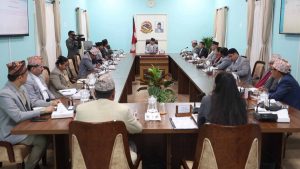

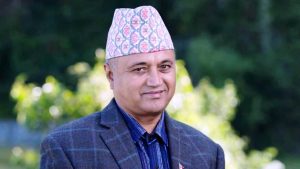
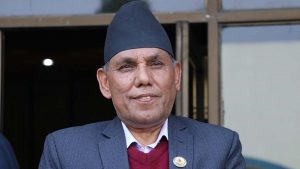






Comments